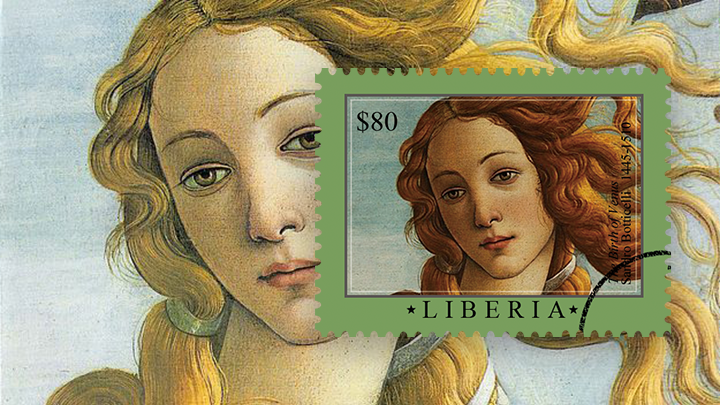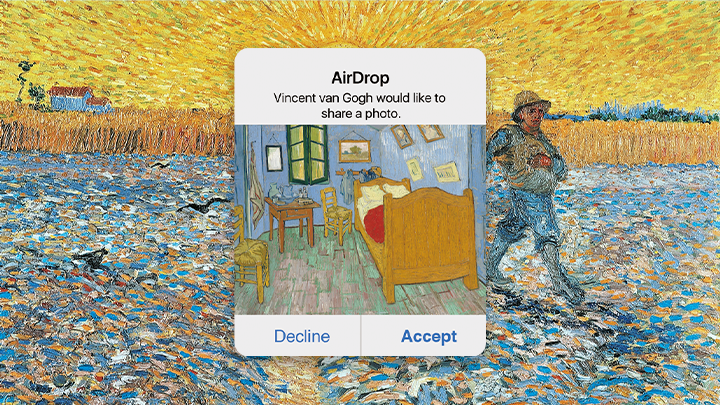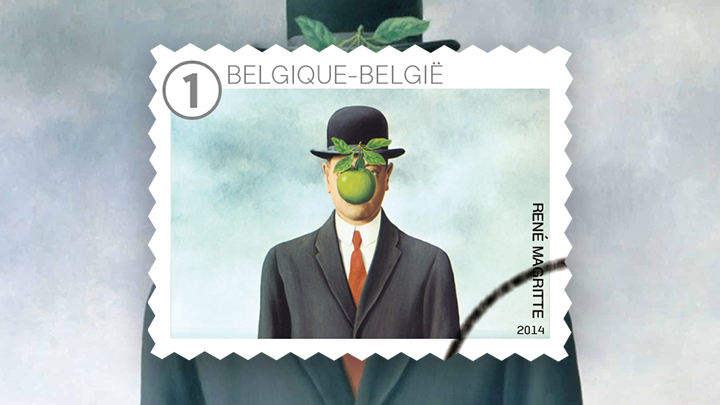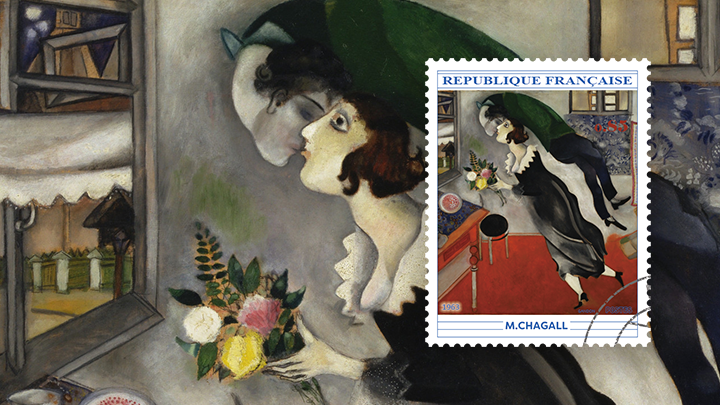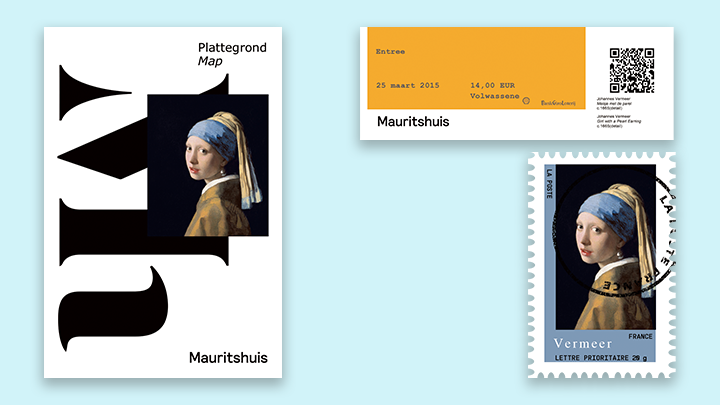I Would Like to Use this Article to Commemorate the Woman Behind Van Gogh
(Some things after Van Gogh's death. Not related to the movie(Loving Vincent). The review was written and deleted)
Every Van Gogh needs a Theo, a Theo wife.
While Theo's name keeps appearing in Van Gogh's biography, Theo's wife only appeared in the news a few years ago. The news content is "The latest research speculates that Van Gogh cut his ear because of the news that Theo was going to get married." It seems that Theo's wife played a role, nothing more.
When Theo's son wrote a biography for his mother Johanna van Gogh-Bonger, he mentioned that after Van Gogh's death, those paintings that were not worth a penny at the time filled the house. Many people advised her to "get rid of them", but she didn't. She began to sort out the letters of Van Gogh's brothers, re-arranged those letters that were not in chronological order, and sought to publish and translate them.
I admit that when I saw the introduction of the Van Gogh Museum slightly mentioned what Johanna did, I thought darkly: With so many Van Gogh paintings and letters, she must be very rich. Oh, I am so dark. There is no way. In the biography of Van Gogh I read, she only appears as a functional character who "gave birth to Theo's child, and the couple went to see Van Gogh together, and Van Gogh was very happy." What kind of imagination can I have about such an obscure person? Of course it is... a reasonable Chinese imagination...
I found her diary on February 24, 1892, and roughly translated it:
"Today there are two painters - Verkade and Serrurier. It feels so good to speak French again. They think Vincent's work is beautiful, and it is so unusual to hear such praise. The Dutch don't appreciate his work very much. It reminds me of the good days in Paris.
There will be a Vincent exhibition tomorrow night. I have high expectations. When I think that this appreciation has finally come, I feel like a great victory. It feels so beautiful. I must go there to hear what people say and what attitude they will have - those who once laughed at Vincent and made fun of him."
(I didn't expect to cry while watching a movie today, and I couldn't help crying when reading Johanna's diary tonight)
"The child (referring to her and Theo's son) will judge what kind of person his mother is, what she thinks and feels. He can imagine what kind of life it is from her diary, together with the letters of his father and uncle."
In her diaries in May, June and September, she kept mentioning the Van Gogh exhibition. She wrote in her diary, "I will continue to translate more things, I want to make more money." With money, she can support her son with Theo. With money, she can continue to promote Van Gogh's paintings.
After Theo's death, she wrote, "After Theo's illness, these letters occupied most of my life. When I spent the first lonely night at home (probably the first night after Theo's death), I took out these letters. I knew that I could find him again in them. These are my only comfort in the endless nights of grief. I am not looking for Vincent, I am looking for Theo. I drink in every word, I suck between every line. Not only read with my heart, but also with my whole soul... I read and read until I saw Vincent appear in front of me... I realized the loneliness of this lonely artist. Great and noble. Sometimes it makes me sad. I remember last year, when Vincent died, I went out late. It was windy, rainy, dark. There was light everywhere in the house, people gathered around the table. How desolate I felt, and for the first time, I felt what Vincent felt at that time, when everyone left him, when he felt like 'there was no place for me in the world'. I hope you can understand the impact Vincent has on me. He is the one who has restored my inner peace."
After her second marriage and the death of her second husband, Johanna continued to hold exhibitions of Van Gogh's paintings. Despite fierce criticism that she didn't understand painting at all, that she was doing something she didn't understand. Theo's son wrote that people were still making fun of Van Gogh's paintings when they were first exhibited in London in 1910. And Johanna continued to sort out the undated letters. Numbered according to the events mentioned in them. First handwritten, then typed, the letters were first published in 1914. When Johanna was still alive, the publisher proposed to reprint this collection of letters, which means that it sold well, which made her very happy.
I used to think that Van Gogh's works were too ahead of their time and were destined to become famous only after his death. After reading Johanna's diary, I had a new understanding: living long enough is victory. (This should be at Tokugawa Ieyasu) If Van Gogh lived long enough, maybe he could wait for Johanna's help, and maybe his life would be different. Of course, the assumption is just an assumption. If Van Gogh didn't die, Theo wouldn't suffer from illness and follow him. Johanna wouldn't read the letters repeatedly because of her longing, and finally understood Van Gogh's great soul. Without pain, poverty, and loneliness, would Van Gogh still be Van Gogh? It always feels very cruel to say this.
Real artists are worthy of respect, because they sensitively bear all the pain of the world on their bodies, transform it into beautiful energy, and dedicate it to the world. This is the case with the short-lived Van Gogh, and the longer-lived Nanhai Shisanlang.
Van Gogh was finally remembered by future generations. And I want to honor the memory of Theo's wife.

